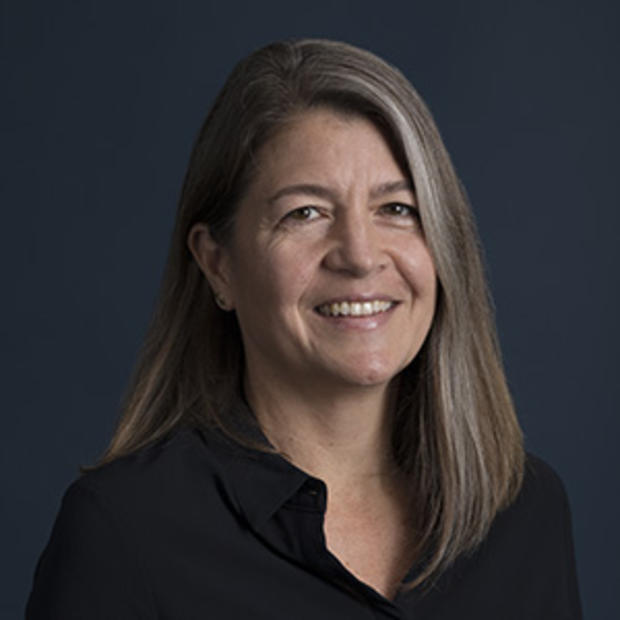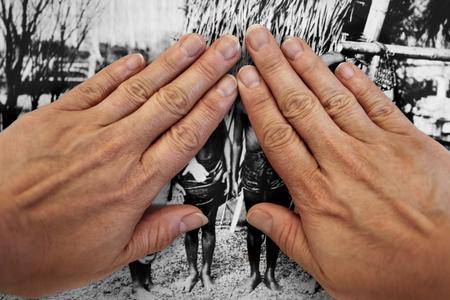Seattle writer E.J. Koh’s expansive new novel begins with Yohan, a Korean man recalling his boyhood in the last years of Japanese colonial rule. As a child possessed by an early love of language, he marked words wherever and however he could: “I found a tool — an ink brush, a twig, or my stub finger — and used it to draw a character on parchment, dirt or air.”
As young Yohan traces the Korean characters for tree, river, dress, grave, the passage feels almost Biblical — “I classed rock, plant, animal, man, and God” — an origin story from which a whole world of people springs forth. In the pages that follow, we trace the characters of a branching family that suffers, loves and perseveres across generations and nations.
Koh came to writing through poetry, the only class that captivated her attention in college. Her collection A Lesser Love (2017) won a Pleiades Press Editors Prize. She followed it with the powerful memoir The Magical Language of Others (2020), which earned multiple honors, including a Washington State Book Award, a Pacific Northwest Book Award and a spot on the PEN Open Book Award Longlist.
Now she has brought her writing prowess to a novel. But in an interview with Crosscut, Koh revealed how her poetry and personal history — as well as her work as a book translator — all play into the fictional story of The Liberators (publishing Nov. 7).
Earlier in her career, Koh said, writing in different genres felt like “entering different rooms,” one for poetry, another for translation, another for memoir. But lately, she said, “I’m realizing that I’m starting to sneak a little bit of one room into another,” incorporating elements of each, “like a lamp or chairs.”
Rather than abiding strict dividing lines between forms, she allows them to blend and bolster each other.
The consequences — both dangerous and transportive — of crossing boundaries is a central theme in The Liberators, whose dedication reads, “For borders, real and imaginary.”
In the story we find borders in the demilitarized zone between North and South Korea, between animals and humans, among family members choosing rooms in a new house, and in the way characters perceive themselves in close relationships and the wider world.
Koh notes that in most cases, a border is not a natural phenomenon. “It’s something that we put up there, we create and we keep. It’s something that’s chosen by a group of people or ourselves every day,” she said. “And I thought that was an interesting way to understand history across the lives of these characters.”
History cloaks the central figures in the book — Sungho and Insuk, whose love story builds and buckles and rebuilds — as Koh artfully weaves factual events into the story. The Japanese occupation of Korea, the U.S. occupation of South Korea, the Jeju Island massacre, the Sewol ferry disaster: All appear on the familial timeline, whether intimately or at a distance.
In one scene, Korean families and friends gather in a California auditorium to watch the 1988 Seoul Olympics on television. The opening ceremonies take a grisly (and true) turn, when doves released as part of the opening ceremonies alight on the cauldron only to be burned alive when the torch inflames it.
“It almost seems like it’s been erased from mass consciousness,” Koh said of the event.
“But that scene was so important to the rest of the novel,” she added, “because the doves also symbolize world peace. They symbolize a new beginning. They symbolize, in many ways, the characters and the transformations that they’re going through, the hardships by coming to the U.S. So many of them stay in the fire and they don’t let go of that cauldron.”
Bird imagery flocks throughout the book: plucked chickens, a red heron, an egg penned with the words mea culpa. These often mysterious appearances add to the novel’s lyrical quality, as do Koh’s illustrative descriptions, such as when Insuk listens for the sound of her son coming home late, “her ears like coiled fiddleheads unfurling into fronds.”
Koh has spoken previously of an early poetry teacher who emphasized the importance of “magnanimity” in her writing. “If I’m writing a poem about my mother,” Koh explained, “by the end of the poem, I have to forgive my mother, or the poem has to forgive me for not forgiving her — otherwise it’s not a poem. It’s a journal or a diary entry, but it’s not a poem.”
Asked how she brings that magnanimity into The Liberators, she said, “The novel deals with such extremes, with such terrible, horrific events. And at the same time, it takes really bold steps toward, what does an apology look like, what does forgiveness look like?”
As a writer with a wider sense of inheritance — of trauma passed down through generations like DNA — Koh said, “What does reconciliation look like in the wake of reckoning with all these things that happened to you or your family?”
In The Liberators it looks like an embrace underwater, a map drawn in lipstick on a lover’s back, the long ribbon on a family heirloom pointing a path forward.
Get the latest in local arts and culture
This weekly newsletter brings arts news and cultural events straight to your inbox.




